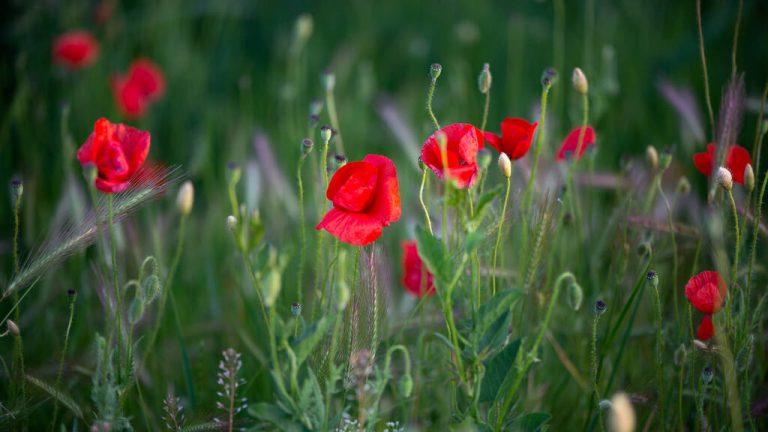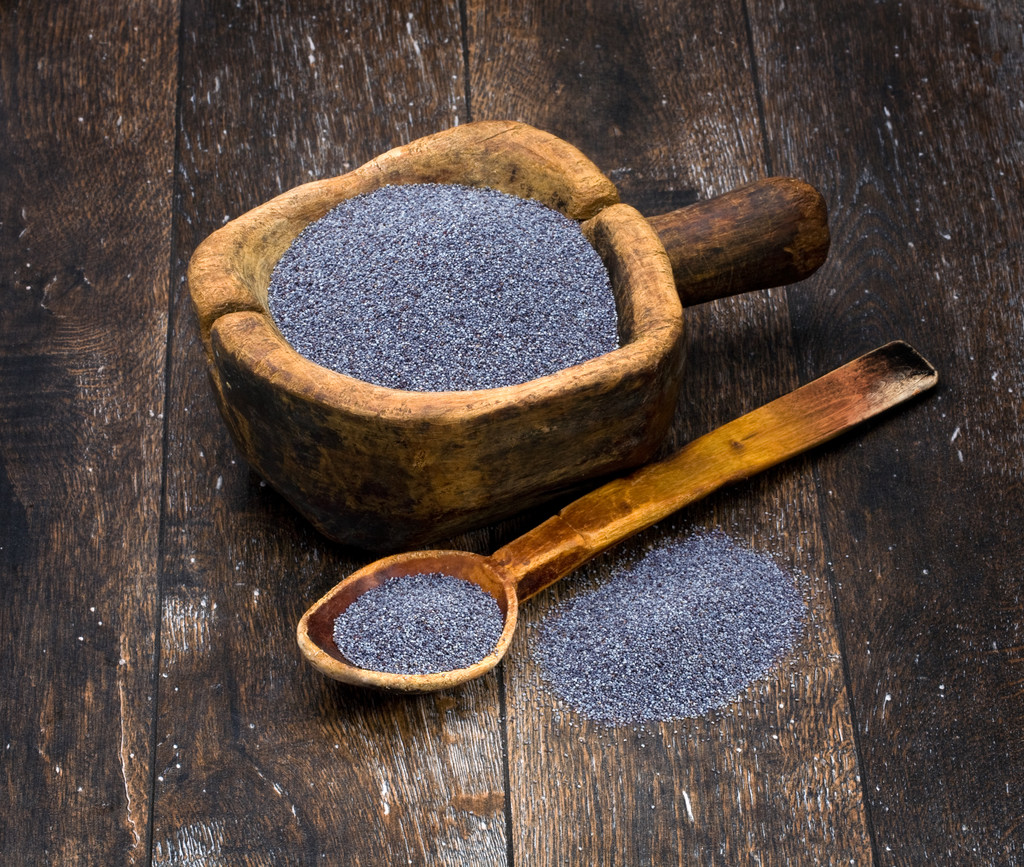Valuable, health-promoting substances are in the oil. Read here how poppy seed oil works and how to use it.
The cold-pressed oil made from various types of poppy seeds is called poppy seed oil. In addition to blue and gray poppy, opium poppy is mainly used for this. In addition to culinary purposes, poppy seed oil is also used for body care. Oil-based soaps and paints are also made from it.
In this article you will find out what is in the valuable poppy seed oil and how to use it.

Poppy seed oil: ingredients and effects
Since poppy seed oil is not particularly widespread in Europe, there are only few scientific studies on the special oil.
Some studies have looked at the composition of poppy seed oil and were able to identify the following triglycerides:
linoleic acid
oleic acid
palmitic acid
Linoleic acid belongs to the group of unsaturated fatty acids. It is essential for the body and cannot be produced by it itself. This means that you must get the omega-6 fatty acid through food. Linoleic acid supports your body in regeneration and cell stabilization and accelerates wound healing
In addition, the cold-pressed oil is rich in valuable minerals and vitamins. These include above all:
calcium
magnesium
potassium
B vitamins
Further studies have shown that poppy seeds and the poppy seed oil they contain are a natural source of valuable antioxidants. Antioxidants prevent oxidative stress, support your body in cell renewal and fight free radicals

Apply poppy seed oil
To benefit from the valuable ingredients of poppy seed oil, you can use it in a variety of ways in the kitchen:
Poppy seed oil convinces above all with its nutty and mild taste.
Both the taste and the health-promoting substances are lost in the heat. Therefore, it is best to use the oil cold or only add it at the end of the preparation.
The nutty taste goes particularly well with desserts. You can use it for cold creams or in your muesli, for example.
The special oil is also suitable for hearty dishes. You can use it to prepare dressings for salads, but the taste also goes well with tomatoes, carrots, asparagus or potato and pasta dishes.
You can also use poppy seed oil for body care:
Poppy seed oil is particularly popular for skin care. It is quickly absorbed and therefore does not leave an unpleasant greasy film on the skin.
Because of the antioxidants it contains, it is said to relieve skin irritation and redness.
You can also combine the oil with other oils like jojoba oil
The valuable oil also helps with dry hair.



